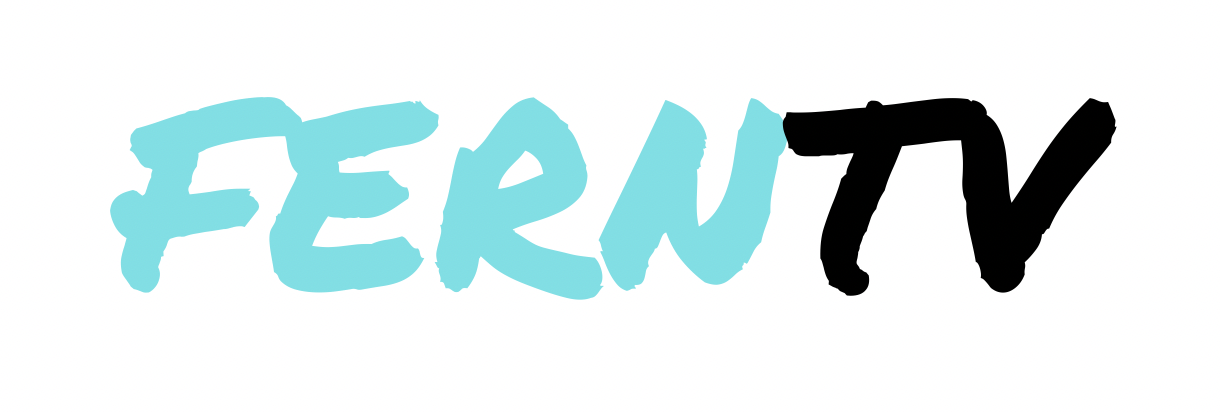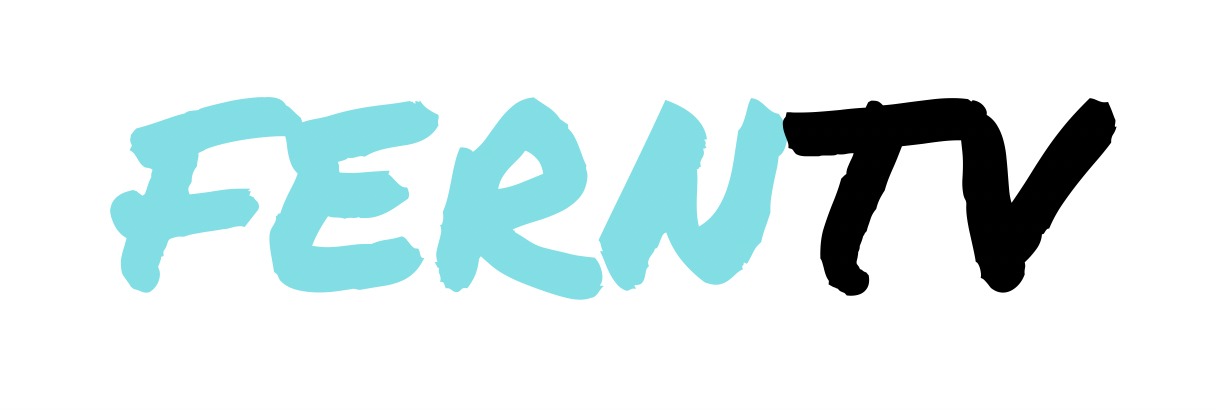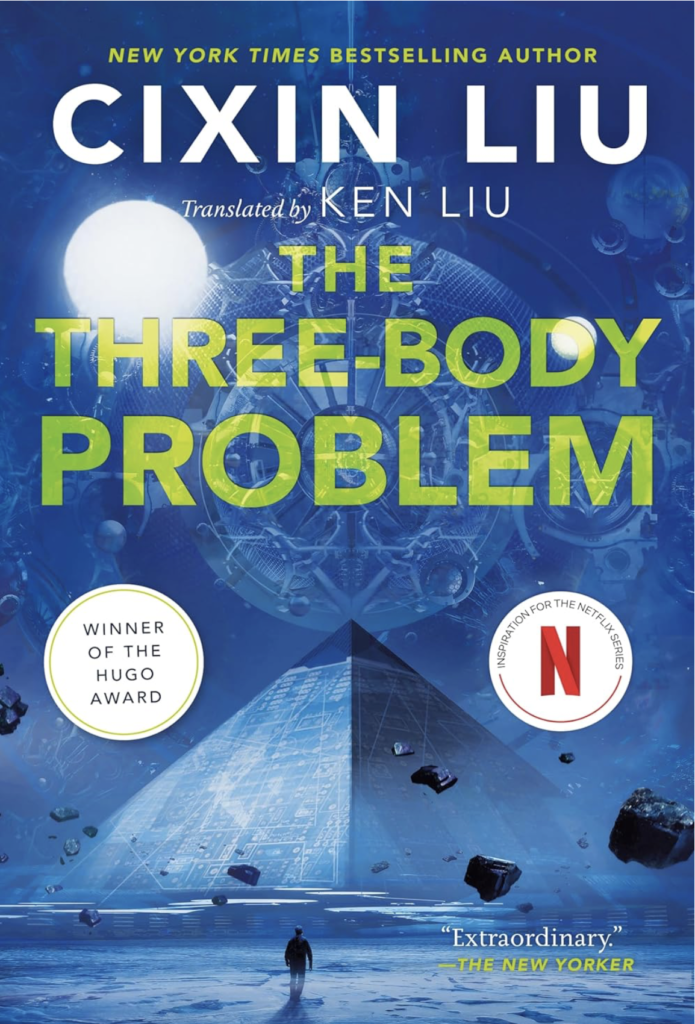DOCUMENTARIES
THE TRUTH ABOUT COTTAGERS AND INDIANS
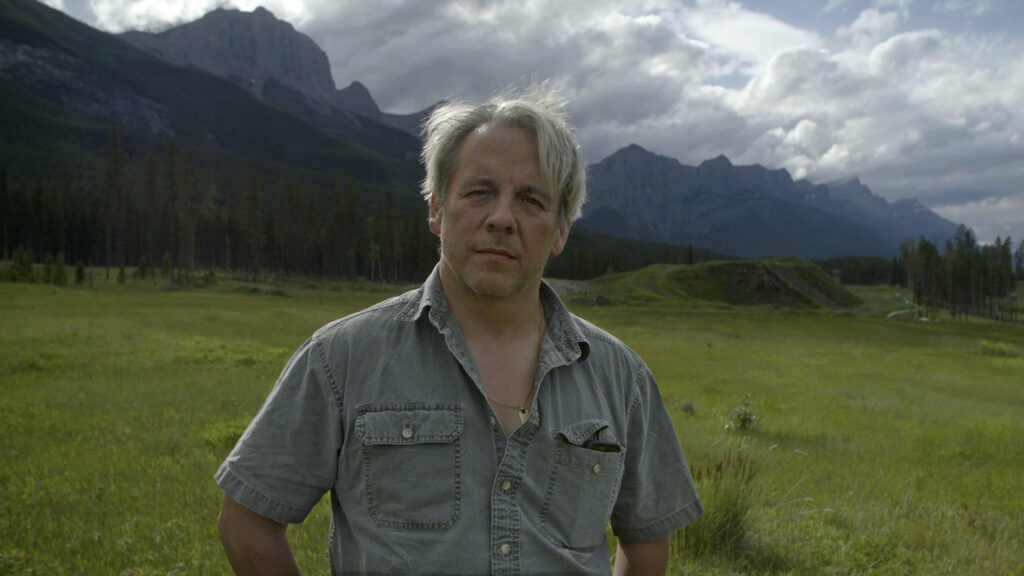

There is so much going on south of the border with all the protests and riots in major metropolitan cities that it has become overwhelming. Many Canadians may feel that these life-altering events would not happen in their own backyard but Indigenous playwright Drew Hayden Taylor would say otherwise that there is a lot taking place north of our border. Now streaming on CBC Gems, Cottagers and Indians present the struggle between cottages and the residents of the Curve Lake First Nation which lines the shores of Pigeon Lake 90 minutes northeast of Toronto. Being from the Curve Lakes Nation himself and born from an Ojibway mother and white father, Drew Hayden Taylor investigates a tense story that would make blood boil especially when it was presented in a play format before this CBC version.
Cottagers and Indians focus on James Whetung who is a resident of the Curve Lake First Nation and the target of most cottagers living along Pigeon Lake. These cottage residents believe he is breaking the law by growing and harvesting wild rice along the lake which prevents them from using it for recreational purposes. Boating, swimming, kayaking and paddling are amongst the activities that remain halted by James Whetung who claims the act is a right of food sovereignty. On the other hand, it is also seen as an act of revenge by the cottagers as they believe James Whetung is doing it to remind them of the decolonization of the Curve Lake Nation in this area in the not so distant past. FERNTV spoke with Drew Hayden Taylor about this tense struggle between the two communities up north as he is surely caught in the middle and in the thick of things.
FERNTV: Tell us which one will be more effective in the long run? Cottagers and Indians: The Play or Cottage and Indians: CBC version
Drew: Good question. So good I can’t answer that. I was once asked what was the difference between journalism and plays/novels etc. I said Journalism is telling the truth about lies, while prose is telling lies about the truth. They can appeal to different parts of your mind and depending on what the story is, how you feel, and how its told, it’s a crapshoot.
FERNTV: Which leads us to the next question. What made you inspired to make the documentary Cottages and Indians for CBC?
Drew: Two friends with whom I made a previous documentary, Searching for Winnitou – about the German preoccupation with North American Indigenous culture, saw my play and thought it might make for an interesting doc. The play was sort of a microcosm of Native/non-Native land and water disputes across the country. CBC loved the idea and we ran with it.
FERNTV: Tell us how difficult was it to plan and execute this because there are probably many little accompanying stories that you may have wanted to include in this doc but would steer away from the theme of the show?
Drew: Not that difficult actually. Most of it was shot practically in my back yard. I could tell the Woods were a little leery of me but I could understand that. And of course, there were a lot of other places and stories we shot footage of but couldn’t use in the final cut.
FERNTV: What would you think your ancestors would say about James Whetung?
Drew: You would have to ask them. But more than likely they would support his cause.
FERNTV: What can we learn about from Cottages and Indians that would make us understand what is going on in the US right now on the subject of racism?
Drew: So much of what I discovered dealt with history. In Curve Lake, with the building of the Trent Severn Waterway, the building of the aqueduct from Shoal Lake to Winnipeg, and the conflict between Saugeen and Sauble Beach all came from historical misunderstandings. And more than anything, a belief that whatever happened to Indigenous people because of the march of civilization, was regrettable but necessary. I can see the same argument being used in the STates. Our needs were secondary to the welfare of the larger community.
FERNTV: What was it like to film these tense moments in the film?
Drew: Definitely scary. It came out of nowhere. At one point one of the homeowners looked at me when all this was happening and said “are you happy now?” I wasn’t. We were supposed to be observing all this, not being a part of everything that was happening. My day job is being a humourous, and this was not very funny.
FERNTV: What was it like to work with Paul Kemp on Cottages and Indians who has an impressive resume of documentary filmmaking?
Drew: Definitely a pleasure. As mentioned, we had worked together a few years ago on Searching For Winnitou and that relationship evolved and grew. This project was a labour of love and I am so delighted to be working with Paul on it. And it looks like we are going to be having a longer relationship afterwards.
FERNTV: You sound quite similar to David Suzuki when narrating Cottages and Indians. Can you tell us about his influence on you?
Drew: Hmmm…. not much. I’d watch THE NATURE OF THINGS on TV when I was young. I met him once or twice at functions. EVen read his biography. But other than that, not much.
-



 ACTORS/ACTRESSES12 months ago
ACTORS/ACTRESSES12 months agoFuriosa Gets a Stunning 7-Minute Standing Ovation @Cannes 2024
-



 FEATURES7 months ago
FEATURES7 months agoThe Gesuidouz Rocks Up @TIFF 2024
-



 ACTORS/ACTRESSES11 months ago
ACTORS/ACTRESSES11 months agoMegalopolis Receives Massive 10-minute Standing Ovation @Cannes 2024
-

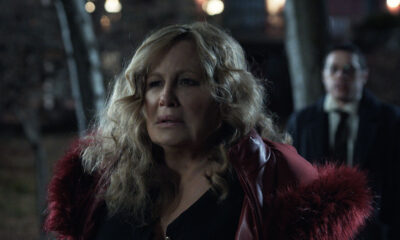

 FEATURES9 months ago
FEATURES9 months agoRiff Raff Set to Ruffle Feathers @TIFF 2024
-

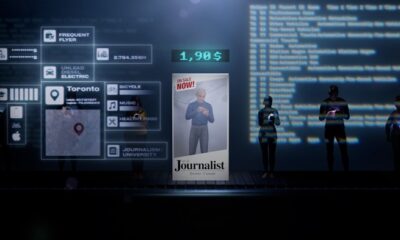

 DOCUMENTARIES12 months ago
DOCUMENTARIES12 months agoClick Trap Reveals Truth @Hot Docs 2024
-



 ACTORS/ACTRESSES11 months ago
ACTORS/ACTRESSES11 months agoKinds of Kindness Receives A Mere 4.5 Minute Standing Ovation @Cannes
-



 ACTORS/ACTRESSES11 months ago
ACTORS/ACTRESSES11 months ago#AMFAD: All My Friends Are Dead @Tribeca 2024
-



 DOCUMENTARIES11 months ago
DOCUMENTARIES11 months agoMyriam El Hajj’s Diaries from Lebanon@Hot Docs 2024
